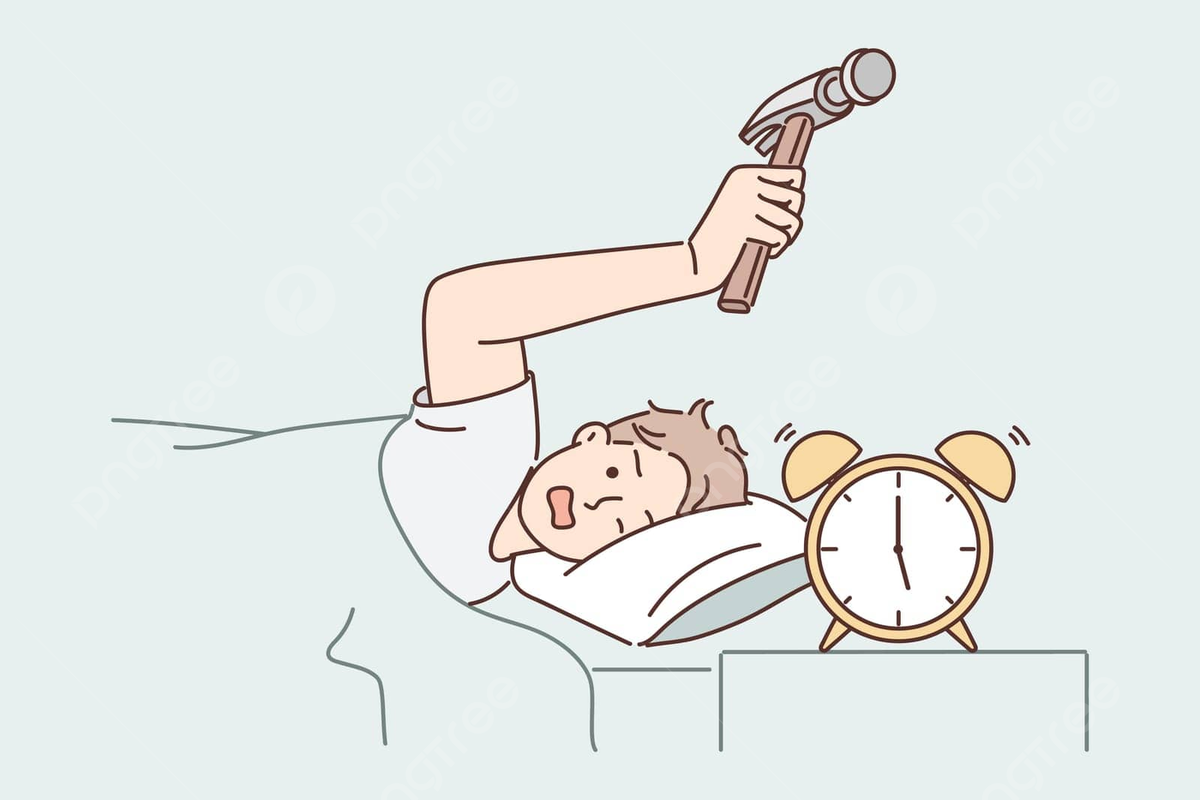
Sleep deprivation doesn’t just dull your senses; it amplifies emotional reactions. In one study, sleep-deprived participants showed a 60% increase in amygdala activity in response to negative stimuli compared to well-rested individuals (Yoo et al., 2007). This hyper-reactivity explains why minor stressors feel catastrophic after a poor night’s sleep.
But it’s not just negative emotions that are affected. Sleep deprivation also dulls our ability to experience positive emotions. Known as “emotional blunting,” this phenomenon diminishes our capacity to feel joy, excitement, or gratitude, creating a skewed emotional landscape dominated by negativity.
Sleep doesn’t just regulate our personal emotions; it also impacts how we connect with others. Empathy, the ability to understand and share the feelings of another, is significantly influenced by sleep. A groundbreaking study found that sleep-deprived individuals were 50% less likely to help someone in need, as measured by brain scans showing reduced activity in the anterior insula, a region linked to empathy and compassion (Simon et al., 2018).
This lack of empathy can strain relationships, as sleep-deprived individuals are less likely to pick up on subtle social cues or respond appropriately to others’ emotions. It also affects workplace dynamics, reducing collaboration and increasing conflict.
Why do we dream? One compelling theory suggests that dreams, particularly during REM sleep, act as a form of emotional therapy. Dreams help us revisit and reprocess emotional experiences, stripping them of their intensity. This process allows us to wake up with a clearer perspective and less emotional charge surrounding stressful events.
Interestingly, the content of dreams often reflects unresolved emotional conflicts. Nightmares, for example, are a sign that the brain is struggling to integrate and process difficult emotions. Research has shown that people with post-traumatic stress disorder (PTSD), who often experience disrupted REM sleep, are less able to regulate emotions due to the lack of this nightly processing (van der Helm et al., 2011).
Sleep’s role in emotional regulation evolves over a lifetime. For adolescents, who are biologically wired to fall asleep and wake up later, early school start times disrupt natural sleep cycles and contribute to mood disorders like anxiety and depression. In adults, chronic sleep deprivation is linked to burnout, emotional exhaustion, and an increased risk of mental health disorders.
For older adults, sleep patterns change yet again, with lighter and more fragmented sleep becoming the norm. This can impair emotional resilience, making older individuals more vulnerable to stress and social isolation. However, interventions like Cognitive Behavioral Therapy for Insomnia (CBT-I) have shown promise in helping people of all ages improve sleep and, by extension, emotional health.
The relationship between sleep and emotions doesn’t exist in isolation. Poor sleep exacerbates conditions like anxiety and depression, creating a vicious cycle: emotional distress disrupts sleep, which in turn amplifies emotional instability. Sleep deprivation has also been linked to impaired emotion regulation in eating behaviors, contributing to conditions like binge eating or emotional overeating (Watson et al., 2014).
Moreover, chronic sleep deprivation increases the risk of physical health problems, such as cardiovascular disease and weakened immune function, which can further strain emotional well-being.